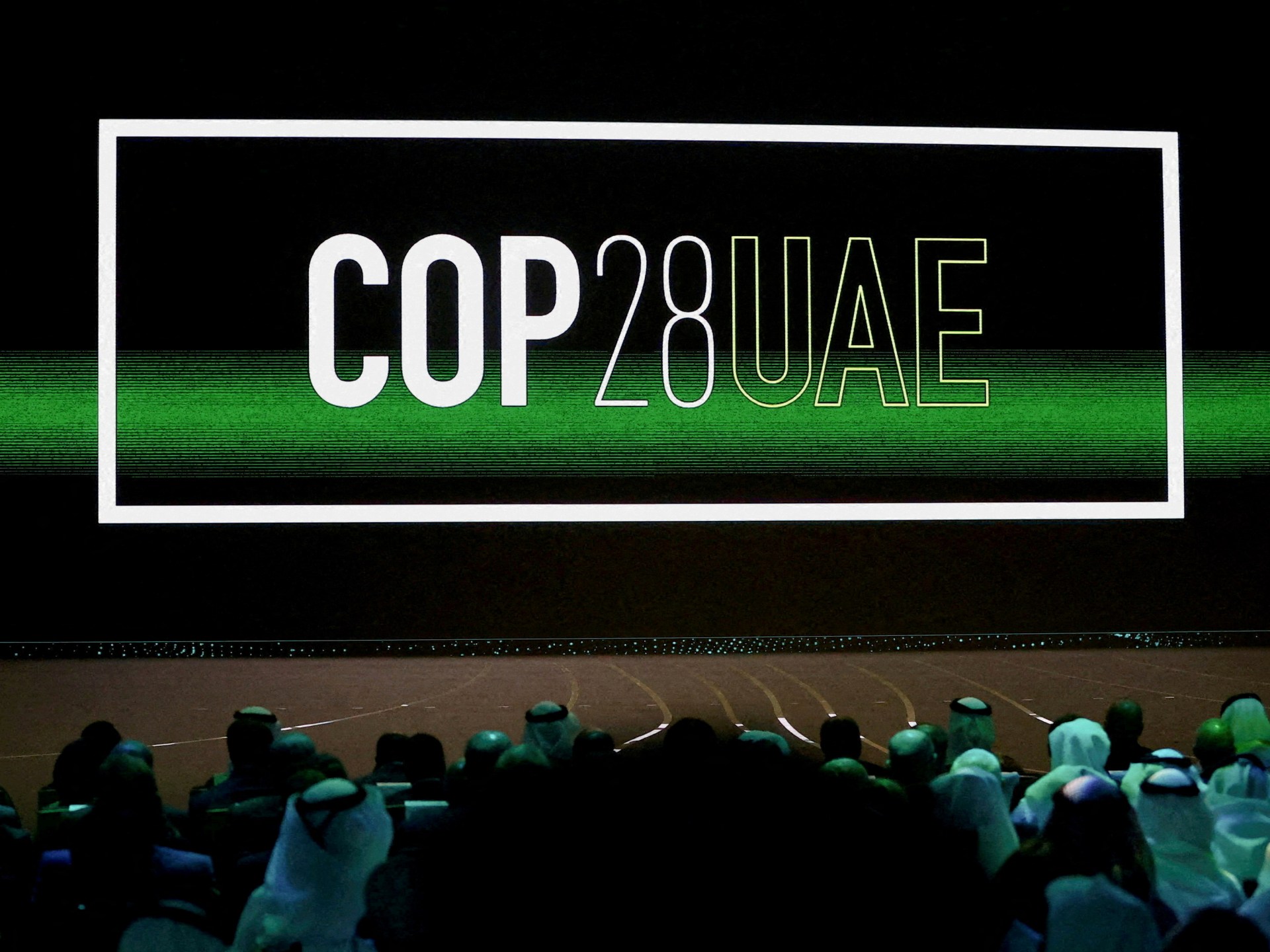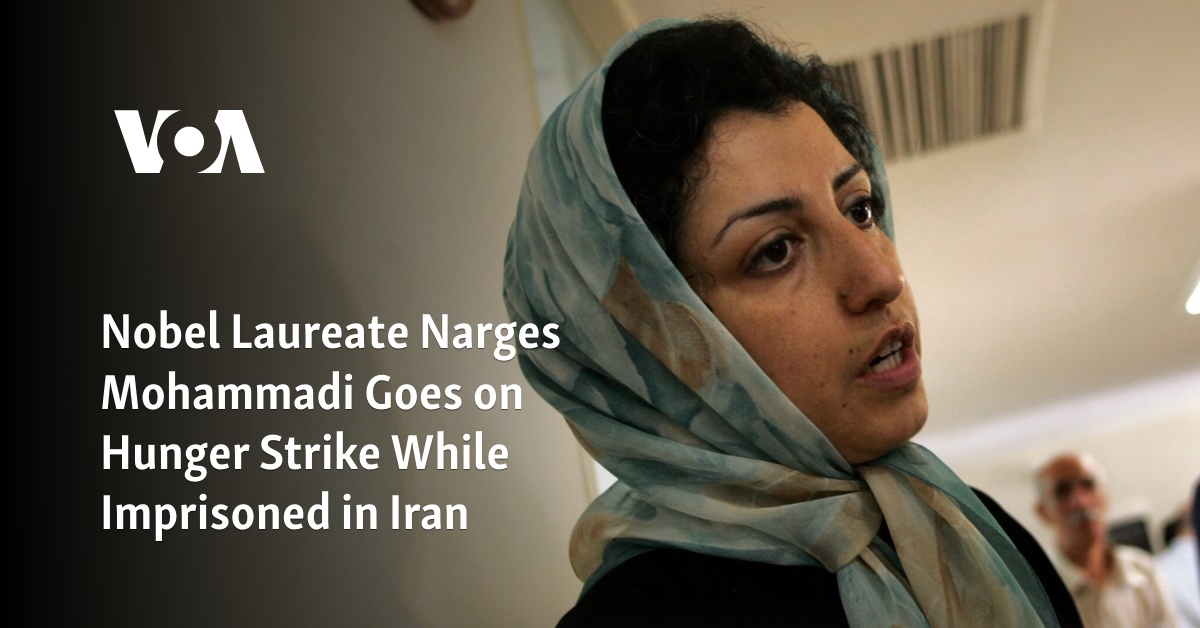
Leaders, government officials and delegates from around the world will gather for the annual United Nations climate summit, known as the Conference of the Parties COP28in Dubai, United Arab Emirates (UAE).
Curbing fossil fuels and CO2 emissions is expected to be high on the agenda at the 13-day summit (November 30 to December 12). International financing to help countries adapt to climate change is also hotly debated, as developing countries demand more contributions from developed countries.
An ambitious loss and compensation fund agreed last year to help poorer countries cope with the negative impacts of climate change has yet to be set up. World leaders agreed to the fund after COP27 last year, but failed to reach consensus on the most important issue of all – which states will contribute how much to the fund.
Countries will also undergo an initial review of their progress towards this goal Paris Agreementa groundbreaking international agreement to limit carbon emissions signed at COP21 almost eight years ago.
Although the United Arab Emirates was the first country in the Middle East to ratify the agreement, people are deeply divided over hosting the summit in a country beset by its dependence on fossil fuels, which account for more than 75 percent of global energy , described as part of the problem is greenhouse gas emissions. Some are now also criticizing the fact that representatives of the oil and gas industry are even included in such summits.
As the debate surrounding COP28 and its implications continues, here’s what you should know about this year’s conference and what makes it so significant.
What, when, where is COP28?
COP is the primary decision-making body the United Nations Framework Convention on Climate Change (UNFCCC), established in 1992.
Representatives of 197 countries that have signed or are “parties” to the UNFCCC will participate primarily through Debates and negotiations.
COP28 begins on November 30th and lasts almost two weeks. The exact schedule for each day will be published the evening before. Preliminary sessions because the conference started on November 24th.
The conference will take place at Expo City in Dubai, United Arab Emirates.
Why is COP28 important?
COP28 is taking place in the background devastating floods and heat waves, intense Forest fires and Earth’s hottest summer on record this year.
The event is seen as an opportunity for countries to better mitigate climate change by developing improved targets and actions using tools such as finance, technology and capacity building.
The conference will take place weeks later has a shift said greenhouse gases in the atmosphere reached record levels in 2022. Based on countries’ current climate plans, the report says, global carbon emissions will be reduced by just two percent by 2030 compared to 2019, well below the 43 percent reduction required to reduce warming to 1.5 degrees Celsius compared to that to limit pre-industrial levels.
Although the 1.5 degree Celsius target became binding in the 2015 Paris Agreement, the target was first adopted after COP16, more than a decade ago.
This was also stated in a report by the World Meteorological Organization in May current developmentsThe world could temporarily exceed the 1.5 degree Celsius target in 2027.
As nations struggle to catch up before the risks of climate change continue to increase, they will not be immune to crises around the world.
“For years, parties have struggled to agree to a phase-out of fossil fuels, and the challenge of reaching an agreement has been exacerbated by the financial crises triggered by the pandemic and the post-war energy crisis in Ukraine,” said Olivia Rumble, Director of Climate Legal in South Africa.
What is the agenda and theme of COP28 in Dubai?
A key objective of the COP each year is to review and calibrate the implementation of UNFCCC regulations. Paris Agreementand the Kyoto Protocol, a binding treaty agreed in 1997 for industrialized nations to reduce greenhouse gas emissions.
This year, member states will negotiate as they face their first meeting Global Inventory (GST) – a scorecard that analyzes countries’ progress towards the Paris Agreement – so they can adapt their next climate action plans, due in 2025.
“Countries will find it difficult to make concessions to agree on the key reasons for historical failures and what they believe needs to be done in the future to make meaningful progress on the agreement’s goals,” Rumble said.
The parties will also try to operationalize this Loss and Damages Fund after developing countries proposed in September that developed countries give them at least $100 billion by 2030.
In addition, this year’s presidency has identified four themes to be the focus of the summit:
- Fast tracking of the energy transition: is about renewable energy and food and agricultural systems.
- fixing Climate finance: aims, among other things, to prioritize the global south in adaptation financing and help vulnerable communities rebuild after climate disasters.
- NaturePeople, lives and livelihoods: focused on food systems, nature-based solutions and protection from extreme weather events and biodiversity loss.
- Inclusivity in climate management: These include youth involvement and improved communication between different sectors and authorities.
However, the focus on specific topics such as financing strategies must also be accompanied by a redesign of global structures in order to be effective worldwide.
While this year’s climate finance agenda aims to better support developing countries with emergency financing, such mechanisms currently lack an effective needs assessment and result in an inefficient distribution of funds. High debts imposed on these countries by global financing structures also reduce their ability to invest in sustaining climate projects.
“She [renewable energy and energy efficiency] will mean little to African countries without significant reforms to the global financial architecture to make these goals achievable. This includes overhauling risk assessments and investment risk perceptions in Africa,” Rumble said.

Who will attend COP28 in Dubai and who will not?
More than 140 heads of state, high-ranking heads of government and at least 70,000 participants are expected at COP28.
Notable personalities who have confirmed their participation so far include:
- The British King Charles III. will also speak at the opening ceremony
- Rishi Sunak, Prime Minister of the United Kingdom
- Pope Francis of the Catholic Church
- Humza Yousaf, First Minister of Scotland
- Indian Prime Minister Narendra Modi.
US President Joe Biden is not expected to attend, but the country will be represented by senior officials such as special presidential envoy for climate John Kerry.
The summit will be divided into a “blue zone” with sessions only for UN-accredited participants such as state representatives, and a “green zone” with events and exhibitions for registered participants from the public and civil society.
What are the controversies surrounding COP28?
Many environmentalists and other analysts have expressed concerns about the choice of COP28 president.
Sultan al-Jaber, CEO of Abu Dhabi National Oil Co., has been commissioned with the changing course of the world’s climate, while the company he leads is one of the largest oil producers in the world. The UAE is the seventh largest liquid fuel producer in the world.
In May, al-Jaber was criticized for citing the need to phase out “fossil fuel emissions” – through techniques such as carbon capture – rather than phasing out fossil fuels themselves.
Others have questioned the UNFCCC for this including fossil fuel The industry was severely limited in its discussions and failed to make sufficient progress towards the 1.5 degree target.
In September, more than 200 civil society organizations, including Amnesty International, wrote an open letter to the UAE government to address certain demands ahead of COP28. In addition to calling for labor reforms and abandoning plans to expand oil and gas production, the letter also demanded that the UAE refrain from monitoring COP28 participants.
The country has announced that it will allow it environmental activists to gather “peacefully” for protest actions during the summit.






Recent Comments